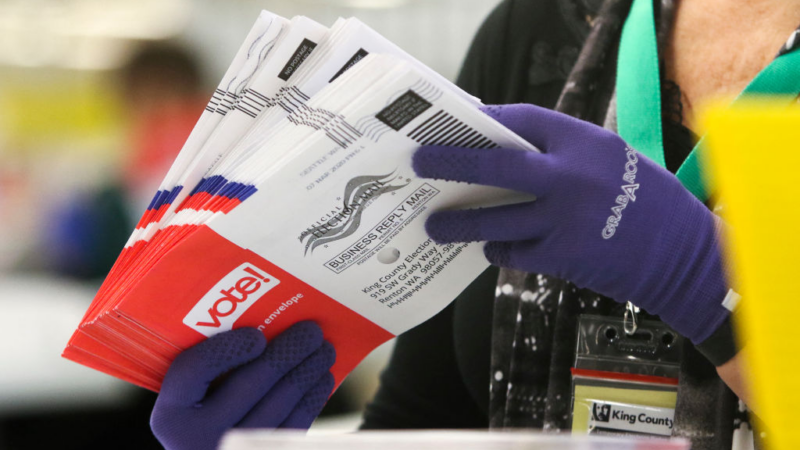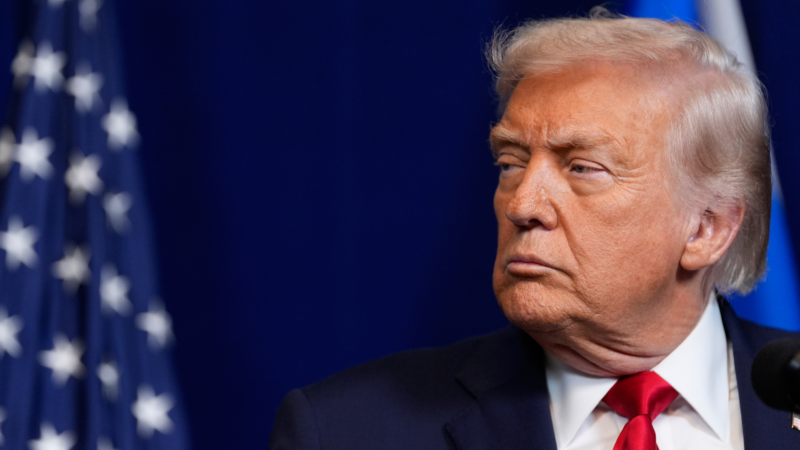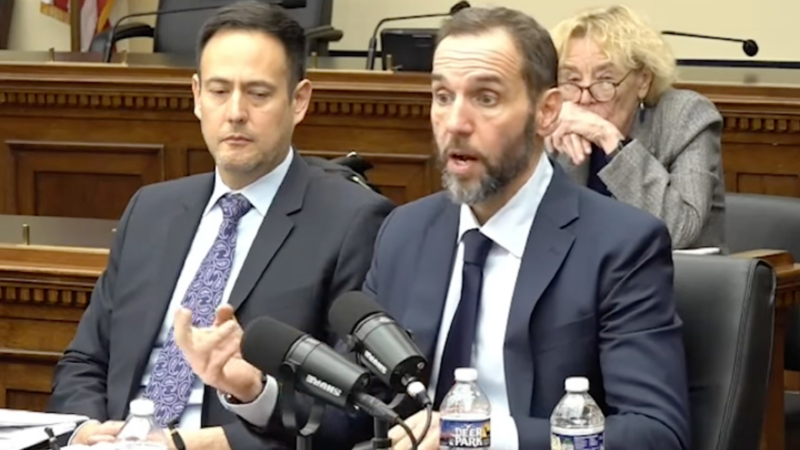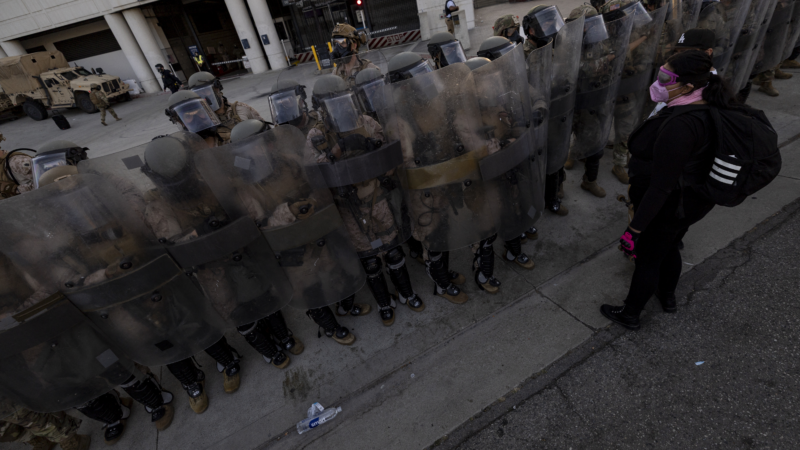Trump’s election order could jeopardize ‘hundreds of thousands’ of future mail ballots
The state of Washington has been allowing election officials to count mail ballots that don’t make it to their office until after Election Day for more than a hundred years now. It’s a practice that could be prohibited in upcoming elections, thanks to a sweeping executive order signed by President Trump last month.
“All the way back in 1917, we started this tradition and have since modified the language a little bit,” said Stuart Holmes, the director of elections for Washington’s Secretary of State’s Office.
Holmes said this grace period is something that many voters in Washington have come to rely on. In the last presidential election, state officials reported they counted more than 250,000 ballots that didn’t make it to their offices until after Election Day.
“At no fault of the voters, there could be some unforeseen delay in getting that to the county auditor’s office or otherwise prevented to be received on Election Day,” Holmes told NPR. “And so, Washington’s had this long-standing tradition as long as we’ve been absentee voting to allow ballots to be received after Election Day and counted and included in the election results.”
According to the National Conference of State Legislatures, 18 states — plus the Virgin Islands, Puerto Rico and Washington, D.C. — count mail-in ballots that are received by election officials after Election Day. Most states require the ballots be postmarked by or before Election Day.
States with a large share of mail ballots often take more time to count votes. Mail-in ballots take longer to process. Election officials are often counting ballots in the days after Election Day regardless of whether ballots make it back to them before or after in-person voting ends.
Republicans have argued, without evidence, that the longer a state takes to count ballots after Election Day, the less secure their elections are. Misinformation about this — which proliferated after the 2020 election — has led to calls for limits to the counting of mail ballots.
To that end, Republicans have sought to eliminate these grace periods in states across the country — both through legislation and legal challenges. The success of those efforts has been mixed.
This effort got a significant boost last month, however, when Trump signed an executive order that, among other things, specifically prohibits this practice. He cited voter fraud while signing the order.
“This will go a long way toward ending it,” Trump said. “There are other steps that we will be taking next in the coming weeks.”
Barbara Smith Warner with the National Vote at Home Institute — which advocates for wider access to mail-in voting — said there’s no proof that counting ballots after Election Day makes elections less secure. She said getting rid of these grace periods would mostly just trip up voters who are used to returning their ballots closer to Election Day.
“It’s going to lead to voter confusion,” Warner said, “and ultimately not only disenfranchisement of those folks, but the bigger term impact is going to be people being afraid to vote, or thinking, ‘OK, I’m afraid I’m going to do this wrong, and so I’m just not going to do it at all.’ It is going to keep people from voting.”
According to data provided to NPR, six states — Alaska, Illinois, Maryland, Nevada, Ohio and Oregon — plus Washington, D.C., counted more than 170,000 mail-in ballots in total during the last presidential election that were received after Election Day. In California — where more than 13 million mail-in ballots were cast last year — voters have a week-long grace period.
In Washington state, Holmes said he and other officials in the state do not want their voters to lose access to voting because of issues with the post office. He said he anticipates that if Trump’s order stands, it would disproportionately affect rural voters across the country, as well as busy people who remembered to put their ballots in the mail closer to Election Day.
“The impacts for the voters would be substantial and significant,” he said, “likely resulting in thousands, hundreds of thousands of ballots being rejected simply just based on timeliness alone.”
Whether Trump’s order stands, though, is an open question. So far, there’s been a slew of lawsuits filed against the Trump administration in response to this election order — including one recently filed by 19 states.
Ultimately, Warner said, she thinks Trump will not be allowed to tell states they can’t count mail ballots after Election Day.
“The president has no ability to tell the states how to run their elections,” she said. “That is actually in the Constitution, a right that is given to the states to determine how they run their elections.”
Zohran Mamdani sworn in as New York City mayor, capping historic rise
Mayor Zohran Mamdani took the oath of office in New York City after midnight Thursday. The city's first Muslim mayor, a member of the Democratic Socialists of America, has promised to focus on affordability and fairness.
Rising from the ashes, a symbol of hope at the Rose Parade
Survivors of the Eaton and Palisades Fires find healing and community working on a Rose Parade float to honor the lives and communities lost in last year's wildfires.
The history behind the NYC subway station chosen for Mamdani’s swearing-in
The city shut down the station in 1945 on New Year's Eve. Eighty years later, it's a symbolic venue choice for the incoming mayor's private swearing-in ceremony.
U.S. military strikes 5 more alleged drug boats, killing 8
The U.S. military says it struck five alleged drug-smuggling boats over two days. The attacks killed eight people, while others jumped overboard and may have survived. U.S. Southern Command did not reveal where the attacks occurred.
Capitol riot ‘does not happen’ without Trump, Jack Smith told Congress
Former special counsel Jack Smith also described President Trump as the "most culpable and most responsible person" in the criminal conspiracy to overturn the 2020 election results, according to a transcript of Smith's closed-door interview with the House Judiciary Committee.
Trump will drop push for National Guard deployments in Chicago, LA and Portland, Ore.
Courts blocked troops from deploying in Chicago and Portland, Ore., and the Los Angeles deployment effectively ended after a judge blocked it earlier this month.







